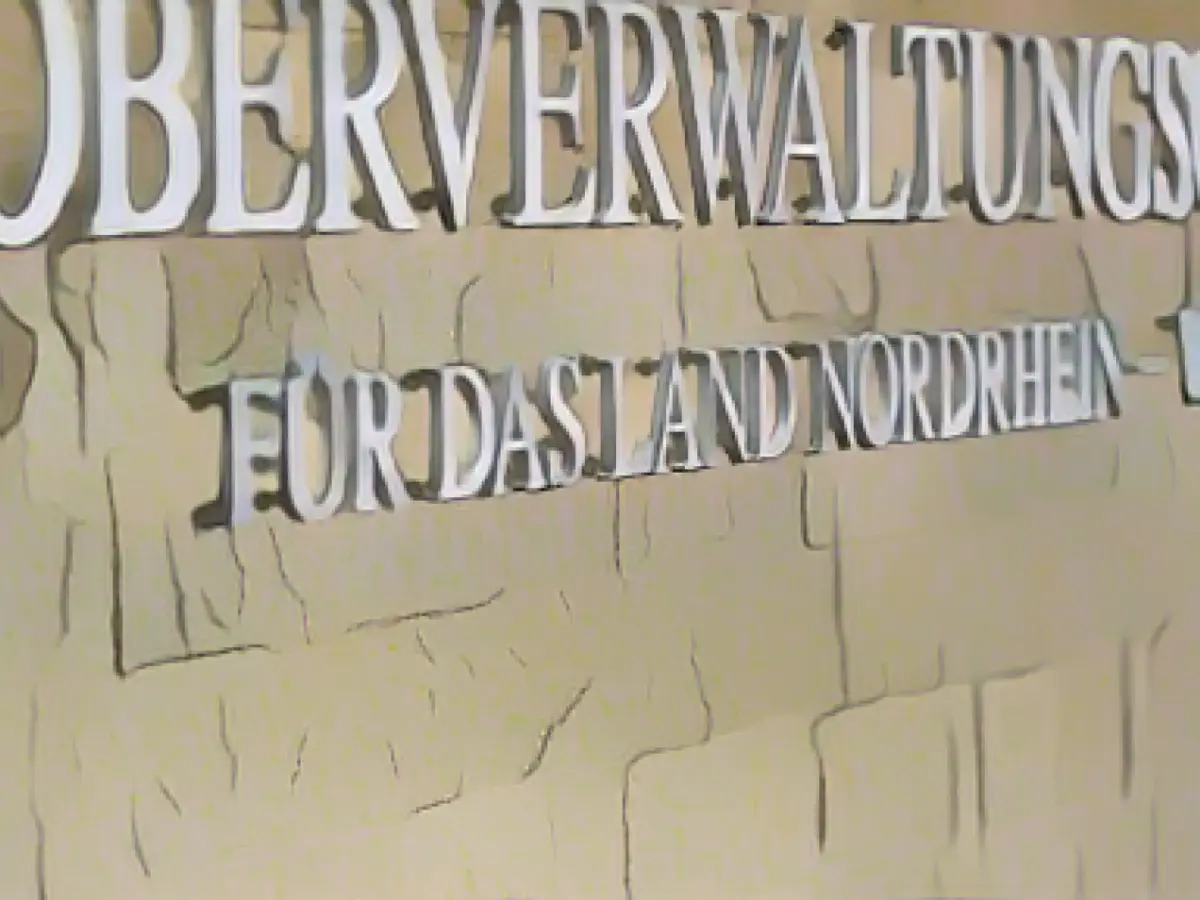Struggling beneath the weight of over 230,000 unsolved investigations, North Rhine-Westphalia's judges are being called upon to lend a hand at the public prosecutor's offices, as per Justice Minister Benjamin Limbach's report to the state parliament. This move, which involves distributing workloads more evenly within the system, has the silent approval of higher regional court presidents, who view it as a necessary step given the extreme burden facing public prosecutors nationwide.
Demand for their services is at an all-time high, leading public prosecutor's offices in North Rhine-Westphalia to estimate a requirement for an additional 376 positions for public prosecutors. Initially, the Association of Judges and Public Prosecutors in the region predicted a need for 200 more posts.
Minister Limbach, a Green Party member, had previously vowed to improve the situation by reducing the number of unfilled positions. However, between 2017 and 2019, the number of open investigations in North Rhine-Westphalia saw an alarming 36% increase, making this task all the more urgent.
Addressing the mountain of unresolved cases requires innovative strategies. Here are some potential solutions:
- Formation of specialized teams to tackle complex cases, like those involving data protection concerns and financial crimes, can ensure investigations are handled with the utmost legal expertise.
- Implementing technology to streamline paperwork and prioritize investigations, reducing administrative burdens on public prosecutors, can help avoid needless delays.
- Strengthening interagency collaboration with law enforcement agencies can facilitate the gathering of evidence and enhance overall investigation efficiency.
- Encouraging professional development and ensuring access to necessary resources can empower prosecutors with the most up-to-date legal knowledge and tools.
- Building trust and improving communication with the public can encourage witnesses and victims to cooperate, providing essential information.
- Compliance with data protection regulations, such as the GDPR, can prevent prosecutors from encountering delays due to non-compliance or sanctions for mishandling personal data.
- Relying on forensic analysis services can provide vital insights, ultimately saving valuable time and resources during investigations.
These strategies may help expedite the resolution of outstanding investigations without compromising on justice.
Resource allocation, prioritization, technology and automation, training and capacity building, collaboration with other agencies, reviewing and streamlining investigative procedures, and public outreach and transparency are generally effective strategies to address a large backlog of unresolved investigations in a public prosecutor's office. However, for specific strategies tailored to North Rhine-Westphalia, detailed information would be required from local authorities or official reports addressing the issue.







